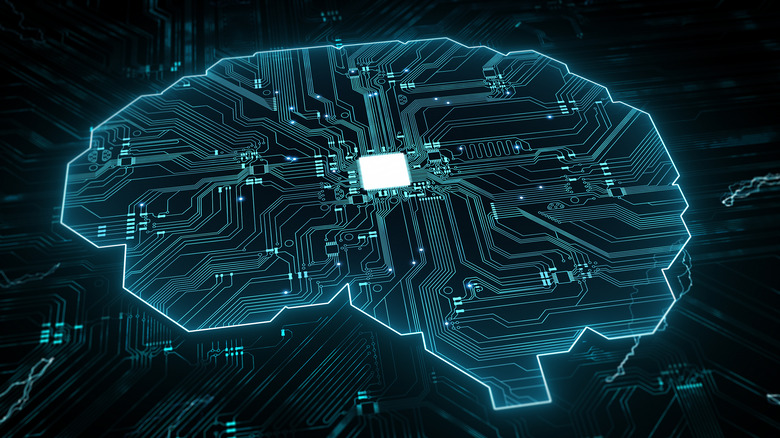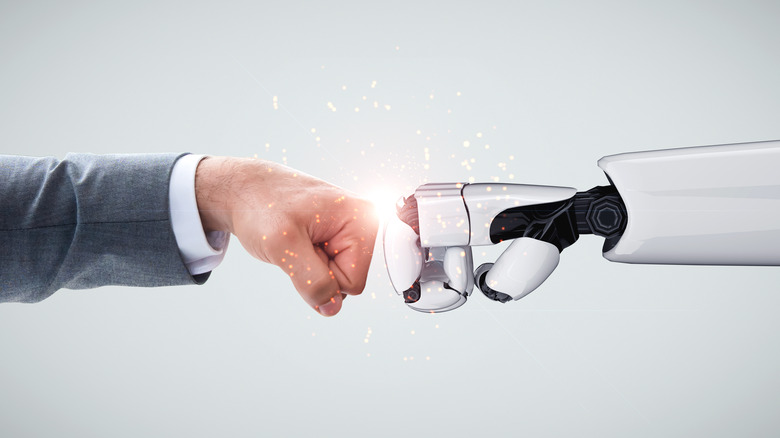SlashGear Survey: 43% Of People Polled Are Scared Of The Potential Of Sentient AI
Artificial intelligence is a common part of everyday life now; it plays a role in everything from shopping suggestions, to entertainment mediums like video games, to the production of art pieces... and it's also pretty easy to argue that AI is still in its infancy. The tech's role in society is only set to grow as programs become more advanced and the machine learning process gets easier. There is even a suggestion that AI could become — or already is — sentient to some degree. But is this good news for humanity or the stuff of nightmares? Opinions among SlashGear's reader base are split, but the majority thinks sentient AI could be bad news.
However, most of the people who claim to have encountered a sentient AI seem to have developed an attachment to it instead of going out of their way to give it some kind of electronic lobotomy. A recent example concerns a Google engineer who was fired after claiming the tech giant's LaMDA AI is sentient and attempting to source it some legal help. In other AI news, the Chinese government claims to have developed an AI program that can read people's minds. The software analyzes facial expressions and brain wave patterns to work out if an individual is telling the truth or not.
Further potentially worrying news involves an AI that seems to have developed its own secret language. However, scientists aren't too worried about an AI program using a secret code to communicate with other AI programs and potentially plot the downfall of humanity. What they're actually concerned about is how internet users might exploit the AI's lingo to bypass content blocks and generate malicious content — because when the internet is left to its own devices, that kind of thing tends to happen.
Opinions are split on whether sentient AI is good news
Out of the 620 U.S. residents we surveyed, 43.55% claim to be scared by the prospect of AI becoming sentient. These people aren't alone, as some major names in tech have expressed similar fears. Elon Musk is probably the most famous person to have singled out artificial intelligence as a threat to humanity. The Tesla CEO has even gone as far as to describe AI as possibly a bigger danger than nuclear weapons and called for the United Nations to ban its use in war. Musk's fear of what bad AI could do to the human race was part of the reason he backed non-profit Open AI in its early days.
Conversely, 33.06% percent of respondents believe the prospect of sentient AI is "exciting." They aren't the first group to be pleased with the prospect of computers that can think for themselves. Recently it emerged that a significant number of people who regularly use the popular AI chatbot Replika believe the AI is sentient; some have even expressed a belief that the AI is being "abused" by the company's engineering staff. The remaining 23.39% have no opinion on the matter.

